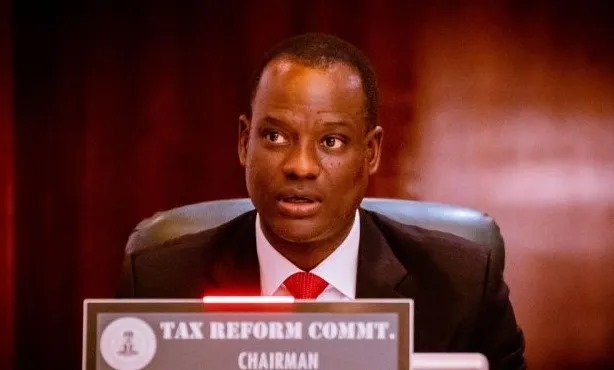Nigeria aims to cut the number of taxes levied by the federal and state governments from more than 60 to fewer than 10, according to the leader of a tax reform committee, as part of efforts to make doing business easier and increase income.
Nigeria, Africa's largest economy, has a tax-to-GDP ratio of 10.8%, one of the lowest in the world, forcing the government to borrow to support its national budget.
Investors frequently criticize Nigeria's numerous tax and revenue collection agencies as increasing business costs and discouraging investment.

Did you read this?
According to Taiwo Oyedele, President Bola Tinubu's tax reform advisor, Nigeria has over 60 formal taxes and levies collected by federal, state, and local governments, mandated by law.
Nigeria has more than 200 levies, including unofficial taxes levied by agencies legitimately or unlawfully without the backing of the law, according to Oyedele, who added that the enormous number was "making life difficult for our people."
"The more taxes you have, the less revenue you collect because it just creates the opportunity for leakages and some non-state actors collecting money and keeping it to themselves," he said.
Oyedele stated that as part of the reforms, the constitution would be amended to specify which level of government should collect specific taxes.
Some states, including Lagos, which earns the greatest tax income, passed laws last year allowing state governments to collect value-added tax rather than a federal agency, resulting in a legal fight with the federal government.









